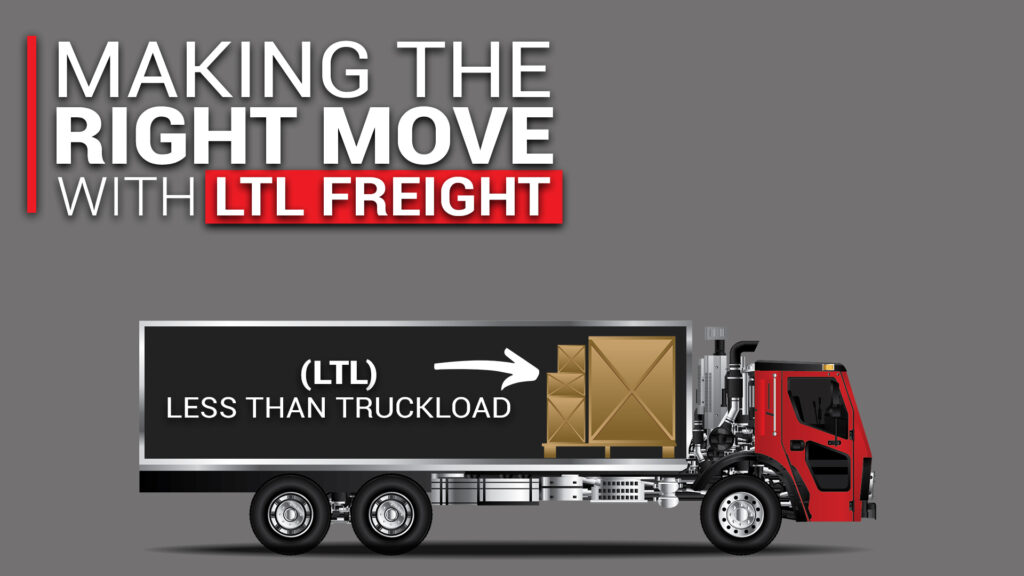In the logistics and shipping industry, Less Than Truckload (LTL) transportation is crucial for efficiently moving goods. However, several misconceptions can cloud understanding of this service. Let’s dive into some common myths about LTL transportation and clarify why they might not hold up against the facts.
LTL Transportation is Only for Small Businesses
Many people think LTL is just for small businesses or startups. While it’s a great fit for smaller shipments, larger companies also use LTL to save money. Imagine a medium-sized manufacturer needing to ship a few pallets of goods to multiple locations. Instead of booking a whole truck for a partial shipment, they can share space with other shipments, which makes it a smart choice for businesses of all sizes. According to the American Trucking Associations (ATA), LTL accounts for a whopping 68% of freight shipments in the U.S., highlighting its broad appeal.
LTL Shipping is Always More Expensive
There’s a common belief that LTL is pricier than full truckload (FTL) shipping. While rates do depend on factors like weight and distance, LTL can actually be more cost-effective for businesses that don’t have enough cargo to fill an entire truck. For example, a study by FreightWaves shows that LTL shipping can be up to 30% cheaper than FTL for shipments weighing between 150 and 10,000 pounds. This can add up significantly, especially for companies looking to maximize their budget. This is particularly beneficial for companies that need to ship smaller quantities regularly. By sharing the space with others, they can avoid the costs associated with purchasing a full truck and the overhead associated.
LTL is Slower Than FTL
Many shippers assume LTL takes forever compared to FTL. Sure, LTL may involve a few extra stops for loading and unloading, but thanks to advancements in logistics technology, transit times have improved. On average, LTL shipments take about 2-5 days, which is competitive with FTL services. So, if you think you’re sacrificing speed by choosing LTL, think again!
LTL Shipping Lacks Flexibility
Many people think LTL shipping is rigid and doesn’t offer much flexibility. On the contrary, LTL providers offer a variety of services, such as liftgate service, inside delivery, and time-sensitive options. The National Motor Freight Traffic Association reports that 82% of LTL carriers provide additional services beyond standard shipping. So, if you have specific needs, chances are there’s an LTL solution that fits perfectly.
LTL Shipping is Complicated
While LTL shipping may seem more complex than FTL, many shippers find it manageable with the right resources. Understanding freight class, dimensions, and weight can help streamline the process. Plus, a survey by Logistics Management shows that 67% of shippers working with freight brokers report improved efficiency in managing LTL shipments. With the right partner, navigating LTL doesn’t have to be a headache.
Conclusion
Understanding the truth about Less Than Truckload transportation is essential for businesses aiming to optimize their shipping strategies. By debunking these common misconceptions, companies can leverage LTL services effectively, reduce shipping costs, and enhance overall logistics efficiency. Whether you’re a small business or a large corporation, LTL transportation can offer tailored solutions to meet your unique needs.
Optimize Your LTL Shipping Strategy Today!
Are you ready to elevate your shipping strategy? Partner with a reliable LTL carrier and see the benefits for yourself. For more information on LTL transportation and to find a provider that fits your business needs, reach out today!

